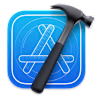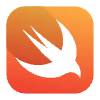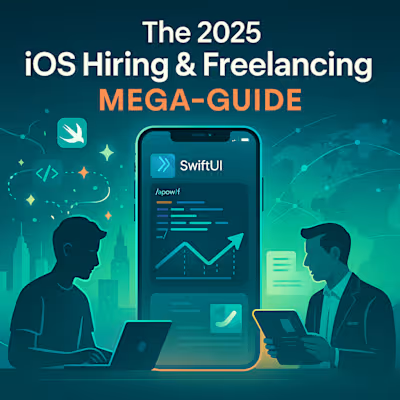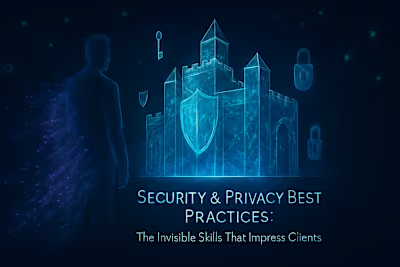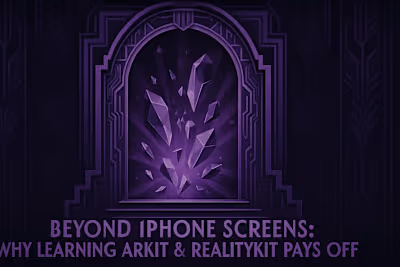Sealing the Deal: 7 Proven Tips to Win Over Your Chosen iOS Developer

Sealing the Deal: 7 Proven Tips to Win Over Your Chosen iOS Developer
Personalize the Offer Letter
Reference Interview Conversations
Highlight Their Unique Strengths
Clearly Outline the Role and Responsibilities
Define the Position and Reporting Structure
Summarize Key Responsibilities
Showcase Your Company Culture and Growth Opportunities
Communicate Your Values
Emphasize Career Development
Present a Strong, Non-Salary Compensation Package
Highlight Key Benefits
Promote Flexible Work Policies
Mention Unique Perks
Streamline the Acceptance Process
Provide Clear Instructions
Use Digital Tools
Conclusion
References
Sealing the Deal: 7 Proven Tips to Win Over Your Chosen iOS Developer
Personalize the Offer Letter
Reference Interview Conversations
Highlight Their Unique Strengths
Clearly Outline the Role and Responsibilities
Define the Position and Reporting Structure
Summarize Key Responsibilities
Showcase Your Company Culture and Growth Opportunities
Communicate Your Values
Emphasize Career Development
Present a Strong, Non-Salary Compensation Package
Highlight Key Benefits
Promote Flexible Work Policies
Mention Unique Perks
Streamline the Acceptance Process
Provide Clear Instructions
Use Digital Tools
Conclusion
References
Posted Jul 6, 2025
You've found the perfect iOS developer. Now what? Learn how to craft an irresistible job offer with our expert tips on communication, benefits, and negotiation to secure top talent.

